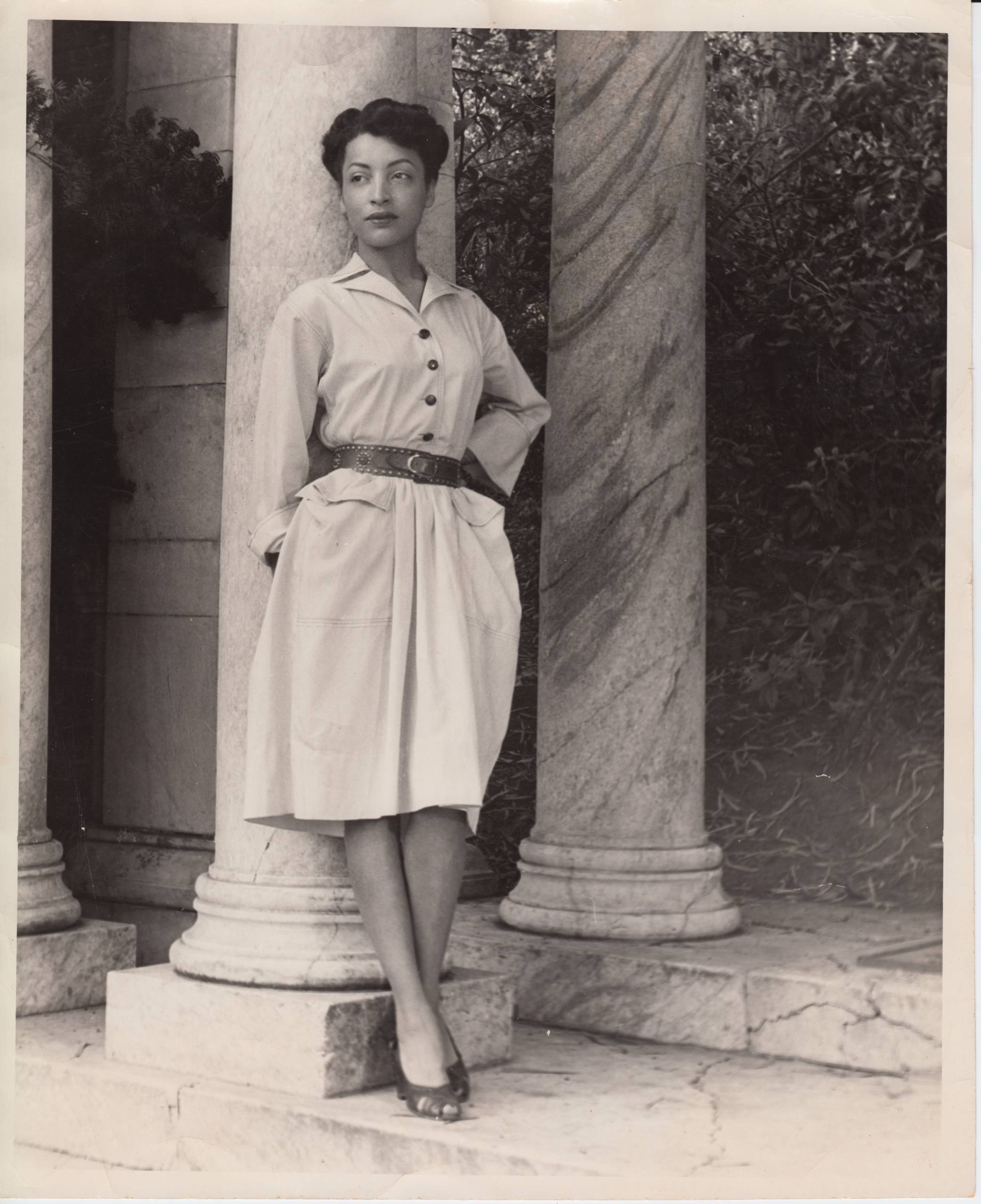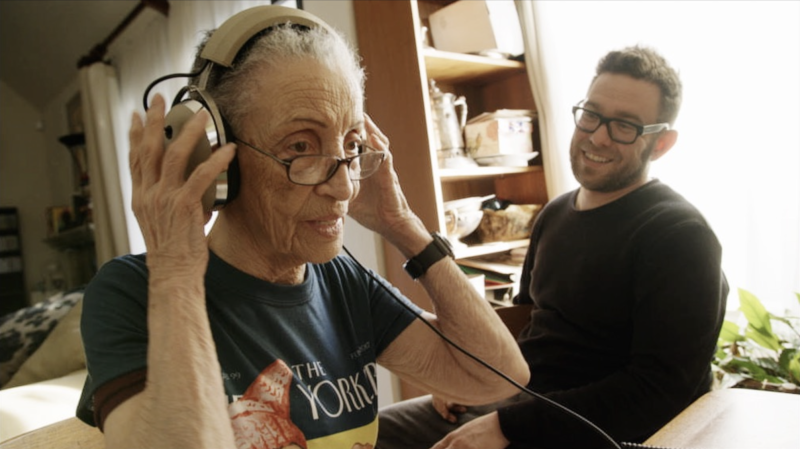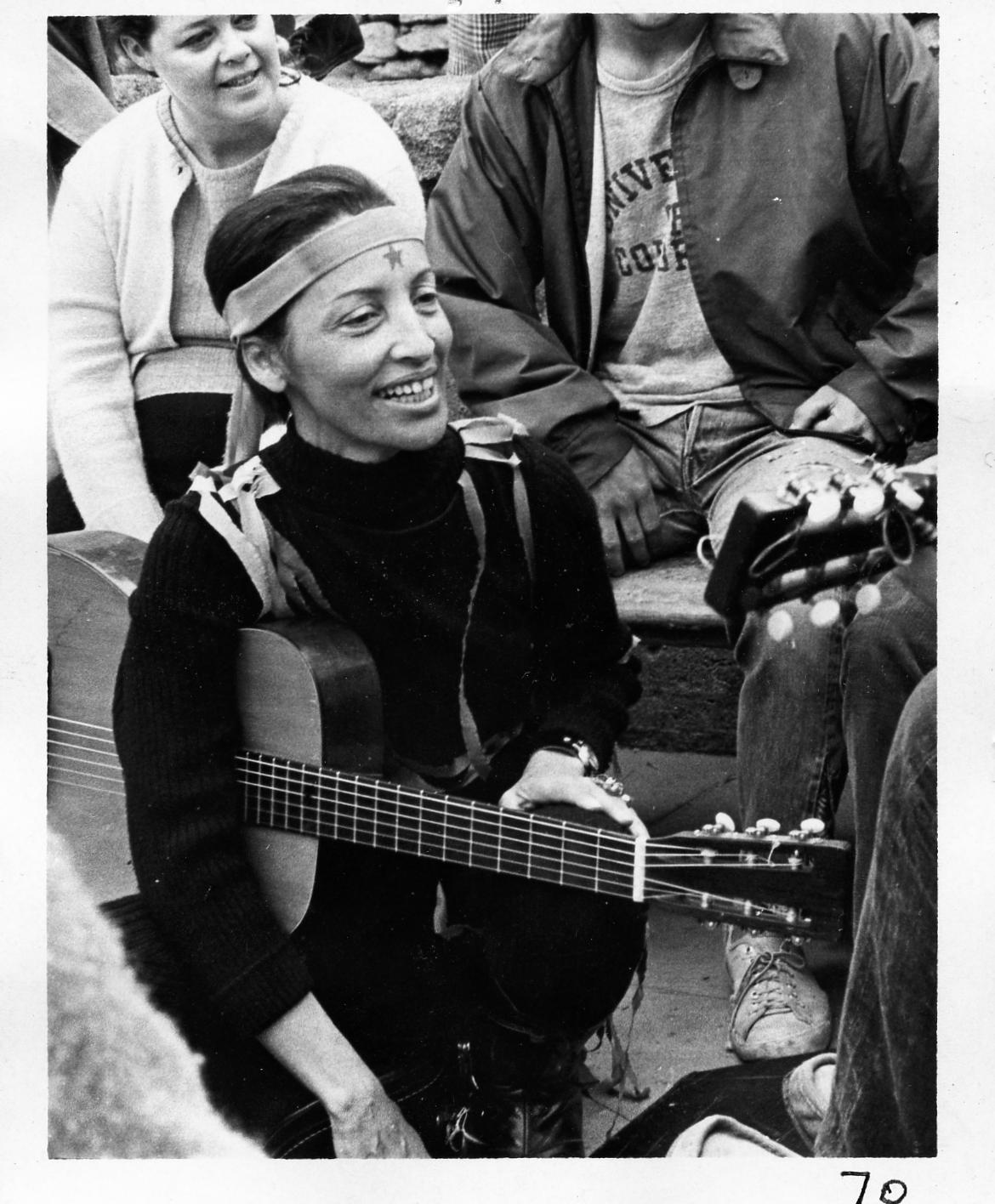Betty Reid Soskin’s life story is a reminder that all of us are given just one life; and that, within it, there can be many lives lived. There’s now a film in production that’s set to drive that point home.
Sign My Name To Freedom: The Lost Music of Betty Reid Soskin, directed by Bryan Gibel and co-directed by A.K. Sandhu, is a close look at how the Bay Area’s form of racism and redlining impacted Reid Soskin and her family, and how she used music to fight back.
Reid Soskin has a fascinating story. She’s famously known as the woman who became the oldest United States Park Ranger in history, at age 85. This accomplishment was celebrated by President Obama on multiple occasions, including a message he sent to her in 2022 after she announced her retirement at age 100.
Reid Soskin, who has a middle school named in her honor, was also once the owner of Reid’s Records in Berkeley. A community hub and resource in the historically Black community of South Berkeley, the store operated for nearly 75 years. At the time of its closing, it was the oldest record store in California.

Gibel and Sandhu’s film goes even further back, picking up after Reid Soskin graduated from East Oakland’s Castlemont High School and started a family with her first husband, Mel Reid. After having children, Reid Soskin and her family moved to the other side of the Caldecott Tunnel, taking up residence in Walnut Creek, where they were one of the first African American families in town.



